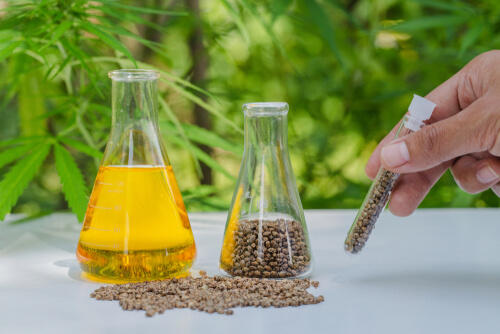
Diabetes is a condition in which the body’s glucose from food is not properly converted into energy sources for the cells. Type 1 or type 2 diabetes are the two types of diabetes.
Type 1 diabetes affects around 5–10% of the diabetic population. Type 1 diabetics are unable to make insulin, which is a hormone that transports glucose from the blood into the cells. This is usually caused by an autoimmune attack on the pancreas, which is the organ that produces insulin.
Type 1 diabetes is most common in children and young adults, but it can also strike older people. In genetically predisposed persons, it is thought that a virus infection induces the autoimmune disorder. Type 2 diabetes patients can still make insulin, but their bodies do not respond properly. This results in a loss of blood glucose control.
Treating Diabetes
People with type 1 diabetes must take insulin because they cannot manufacture it on their own. It’s available in the form of self-administered shots or a pump. The pump monitors blood glucose levels and injects hormones as needed. Although these treatments are cutting-edge, they are not 100 percent effective. Even if they are diligent, people with diabetes may find it extremely difficult to avoid the severe implications of fluctuating glucose levels.
CBD For Diabetes
Two key questions arise when assessing the potential impact of cannabidiol on diabetes and diabetes symptom management. The first question is if CBD aids in insulin production improvement. The second question is: how might CBD help with the symptoms of high blood sugar?
CBD receptors are found naturally throughout the human body. The pancreas is one of the organs where they discovered these receptors in abundance.
Despite these findings, scientists are unable to claim that endocannabinoid receptors play a direct role in insulin synthesis. They also can’t claim that CBD is a diabetes cure. While receptors may play a significant role in the pancreas, additional research is required. Preliminary research on the benefits of CBD for diabetes in rats, on the other hand, has proved positive. They’ve sparked requests for more financing and collaboration in order to continue studying.
Final Thoughts
CBD’s anti-inflammatory and antioxidant qualities may be useful in the treatment of diabetes. However, there is still a lot of work to be done in this area to ensure that it is actually effective.